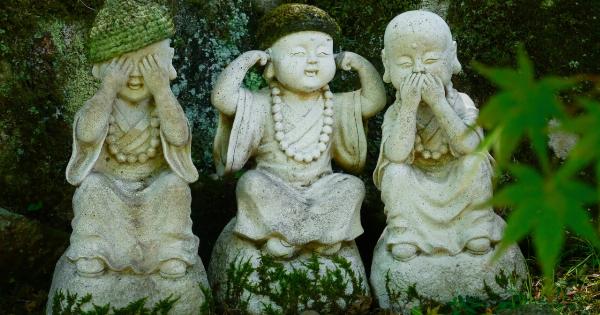Kidney stones can be extremely painful and have the potential to disrupt your daily life if left untreated. Understanding the symptoms of kidney stones can help you seek prompt medical attention and receive the necessary treatment.
In this article, we will explore some common symptoms associated with kidney stones to help you determine if you might be experiencing this condition.
1. Severe Abdominal or Back Pain
One of the telltale signs of kidney stones is intense pain in the abdominal or back region. This pain typically begins in the flank area, below the ribs, and can radiate to the sides and groin.
The pain is often described as sharp and cramp-like, causing significant discomfort.
2. Urinary Changes
If you notice any changes in your urinary patterns, such as more frequent urination, blood in the urine, or cloudy and foul-smelling urine, it could be indicative of kidney stones.
These stones can irritate the urinary tract, leading to these unusual urinary changes.
3. Painful Urination
Experiencing pain or a burning sensation while urinating can also be a symptom of kidney stones. The presence of kidney stones can cause inflammation and irritation in the urinary tract, leading to discomfort during urination.
4. Nausea and Vomiting
Kidney stones can induce waves of nausea and vomiting. These symptoms typically occur due to the severe pain associated with kidney stones and the body’s natural response to such pain.
If you experience persistent nausea and vomiting with accompanying abdominal or back pain, it is worth considering kidney stones as a possible cause.
5. Fever and Chills
In some cases, kidney stones can lead to the development of a low-grade fever and chills. This occurs when an infection accompanies the presence of kidney stones.
If you have a fever along with any of the previously mentioned symptoms, it is essential to seek medical attention promptly.
6. Hematuria
The presence of blood in the urine, or hematuria, is another common symptom of kidney stones. The urine may appear pink, red, or brownish in color, indicating the presence of blood.
If you notice blood in your urine, it is crucial to consult a healthcare professional to determine the underlying cause.
7. Frequent Urinary Tract Infections
Kidney stones can increase the risk of developing urinary tract infections (UTIs). UTIs often cause symptoms such as frequent urination, a strong urge to urinate, and a burning sensation during urination.
If you have recurring UTIs along with any of the other symptoms mentioned, kidney stones could be a contributing factor.
8. Urinary Blockage
Large kidney stones have the potential to block the flow of urine, resulting in a condition known as urinary obstruction. Urinary blockage can cause severe pain and discomfort, along with an inability to urinate despite the urge to do so.
This condition requires immediate medical attention to prevent complications.
9. Sharp Flank Pain
Sharp, spasmodic pain in the flank area is a classic symptom of kidney stones. This pain may come and go or remain persistent. It can be extremely debilitating and may become more intense during physical activity or when passing urine.
10. Painful Groin Area
Kidney stones can cause referred pain to the groin area, similar to the pain experienced during a urinary tract infection or bladder issues.
If you notice pain in your groin region alongside the other symptoms mentioned, it is advisable to consult a healthcare professional.
Conclusion
If you are experiencing any combination of the symptoms mentioned above, it is essential to consult a healthcare professional for an accurate diagnosis and appropriate treatment.
Kidney stones can cause severe pain and discomfort, but with prompt medical attention, they can be managed effectively. Remember, early detection and intervention are key to preventing complications and ensuring a successful recovery.































